SUVs are all the rage. So are EVs. It makes sense, therefore, that the Tesla Model Y is the world’s best selling car. But that begs the question — how much of the Tesla Model Y being so popular is just because of the fact that it’s one of the very few large-size electric cars out there?
Well, we’re about to find out. A number of electric SUVs have been announced, and many will be released in the very near future. This is far from a list of all the upcoming electric SUVs — but it is a list of the ones we’re most excited about.
Lucid Gravity
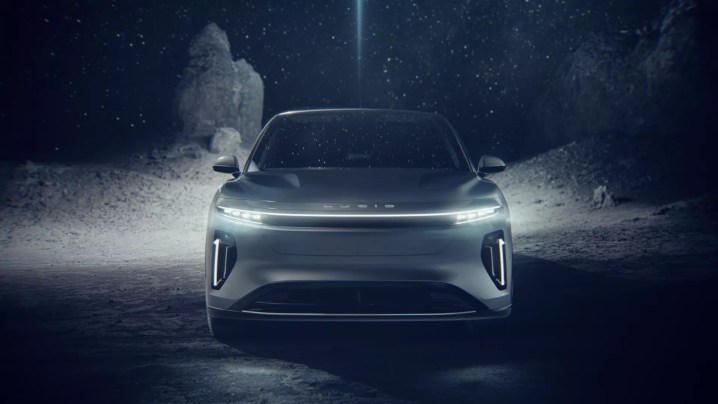
The Lucid Air is one of the most exciting electric cars of the last few years — and the Lucid Gravity could be even better. There’s still a lot we don’t know about the Lucid Gravity, but we do know that it will be a two-row SUV with an option for a third row and that it’ll enter production in late 2024. That means that it’s still probably a while before the car is available to the masses. The Gravity is expected to offer the same luxurious interior and high-tech features as the Air but in a larger body.
The car won’t be in Model Y price territory, though. The company is following the Tesla model — which means launching expensive, luxury cars before affordable ones. That puts the Gravity on par with the Model X. We don’t yet know exactly how much the Lucid Gravity will cost, but we expect it to be north of $100,000.
Kia EV9

If you’re looking for something a little more affordable, then the EV9 might be more interesting to you. To be clear, the EV9 barely qualifies as “upcoming” — it’s already available in South Korea, and will roll out to the U.S. in the fourth quarter of 2023.
The EV9 is essentially the larger version of the much-loved EV6. It’ll offer three rows of six, equating to either six or seven seats, depending on your model. Of course, it’ll also bring that large SUV design, with more cargo space, and a higher ride. It’s expected that the car will offer up to around 300 miles of range, and will charge at a super-fast 350kW.
Chevrolet Equinox EV
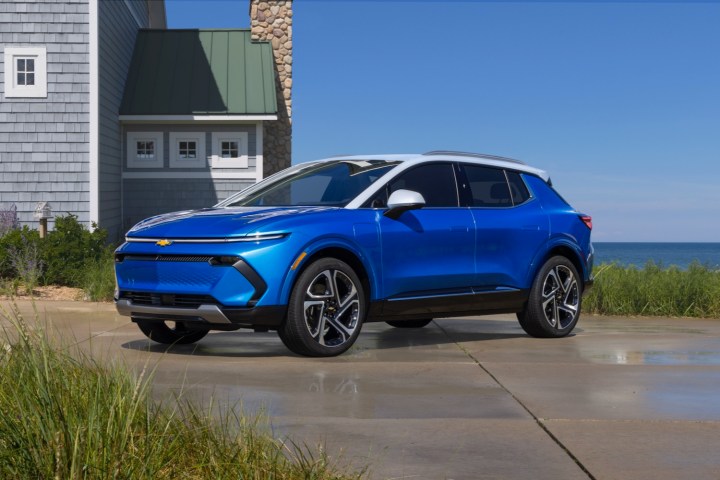
The EV9 may be more affordable than the Lucid Gravity, but if you’re truly looking for an affordable electric SUV, then the Chevrolet Equinox may be the new car for you. The Equinox EV is expected to start at around an impressive $30,000, while still boasting a good-looking design and a decent range. That range has yet to be announced, but we’re expecting up to 300 miles — which puts it on par with many of the other best electric cars out there.
Ford Explorer EV
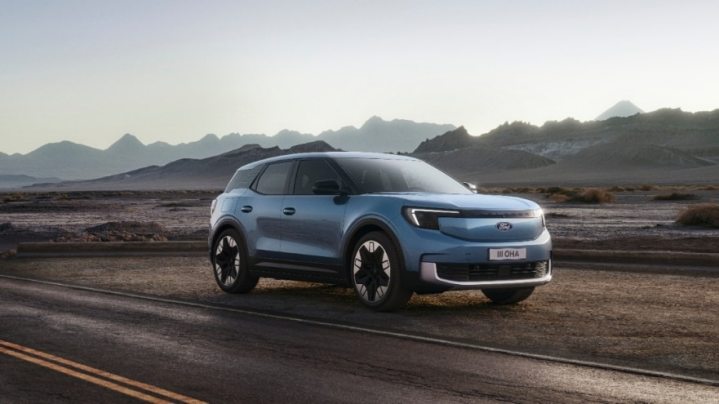
The much-loved Explorer is getting the electric treatment too. Ford is launching an electric Explorer for the 2024 model year, and it’ll offer five seats and a high-tech interior for less than $50,000. Unfortunately, little information about the Explorer EV’s range and battery, and it has really only been announced for Europe. That said, it’s very likely to make its way to North America at some point, even if that’s still a few years away.
Hyundai Ioniq 7
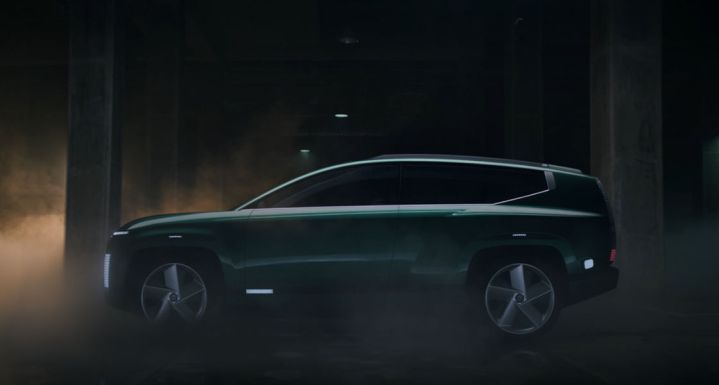
The Ioniq 7 is to the Ioniq 5 what the EV9 is to the EV6. In other words, it’s a highly anticipated electric SUV that builds on one of the most-loved electric cars out there. The Ioniq 7 is expected to offer a relatively interesting and unique design, with three rows of seats and the same E-GMP platform that gives the Ioniq 5 up to 300 miles of range. We’ll have to see how much range the Ioniq 7 offers in the end, and if it truly offers the “living room on wheels” aesthetic that Hyundai promises.
Lotus Eletre
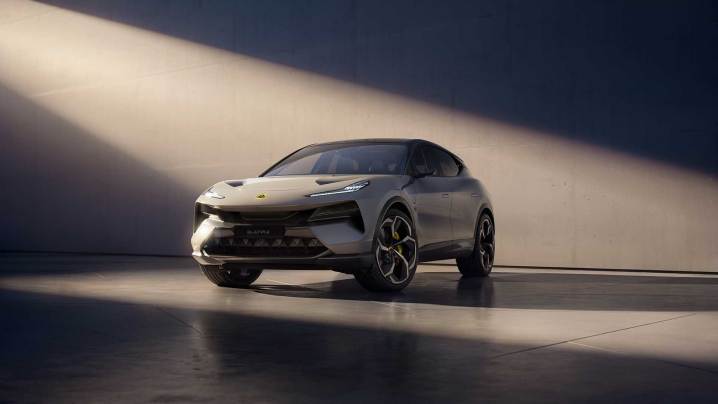
Maybe you’re looking for a little more luxury, in which case the Lotus Eletre may be the SUV for you. The Eletre is a high-performance SUV that’s built for a luxurious experience and excellent power under the hood. The top-spec R model of the car offers an impressive 905 horsepower, and will likely hit 60 miles per hour in under 3 seconds, making it a pretty zippy car around town. The Eletre has a maximum range of 373 miles, too, which is quite impressive.
Volvo EX90
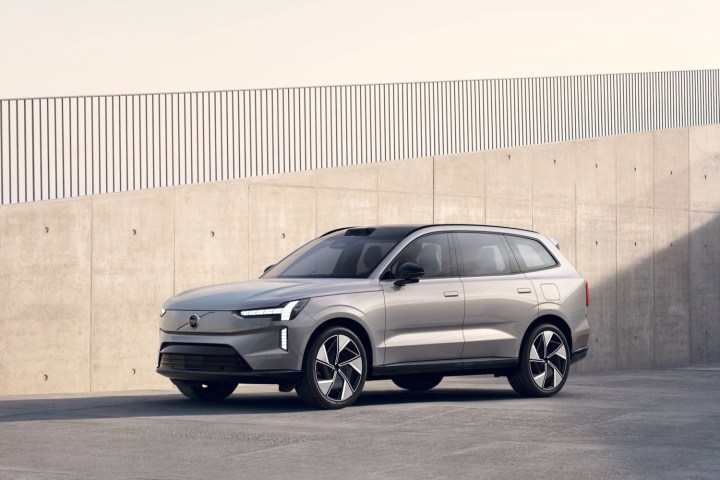
For something a little more practical, the Volvo EX90 may be worth considering. The EX90 comes with seven seats, making it a great choice for larger families, plus it boasts that much-loved Volvo design. The car offers up to 300 miles of range, which is quite good — however, you’ll likely have to upgrade to get that much. It also has a ton of tech features, and it’s the first to feature Volvo’s new advanced driver-assist system, which should allow it to self-drive on the highway.



